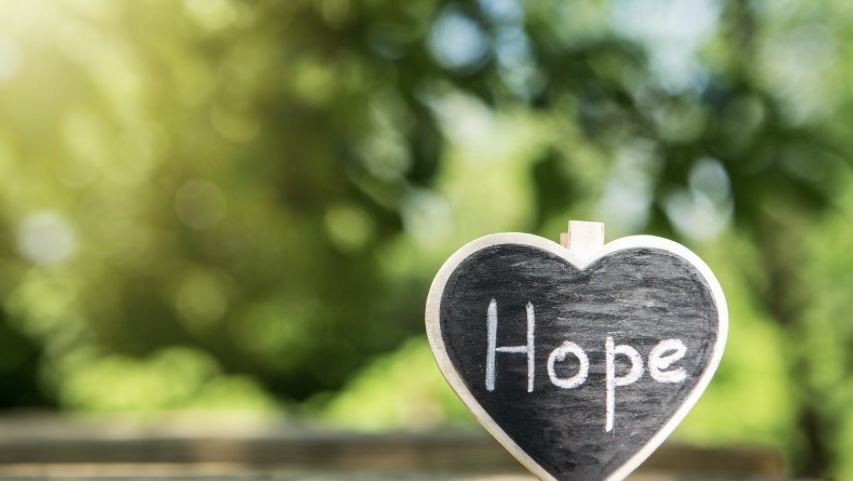
Why Hope Isn’t About a Perfect Future
Key points
• Hope isn’t about ignoring challenges—it’s about staying present with the knowledge that change is possible.
• The paradox of hope—that it can both comfort and hinder us—reveals something deeply human.
• Certainty may feel comforting, but it often limits us.
Thich Nhat Hanh famously said, “Hope is important because it can make the present moment less difficult to bear. If we believe that tomorrow will be better, we can bear a hardship today.” This quote, from his book Peace Is Every Step: The Path of Mindfulness in Everyday Life, has offered solace to many. Yet, in other writings, Hanh cautioned that hope can become an obstacle if we cling to it and lose focus on the present moment. He argued that by letting go of hope, we might discover the joy already available to us.
This paradox—that hope can both comfort and hinder us—captures something deeply human. Hope is complicated. It’s deeply personal and often misunderstood. For some, hope is fragile, tethered to a specific outcome: a job promotion, a reconciliation, a particular future. For others, hope is broader and more flexible—a way of facing the unknown with curiosity and openness rather than fear.
I fall into the latter camp. For me, hope isn’t about predicting a perfect future; it’s about finding the energy to keep going. It’s what gets us out of bed in the morning, what allows us to start again after failure, to try after heartbreak, to dream when things feel impossible.
But there’s a trap: when we make hope dependent on specific outcomes, it can betray us. When things don’t go our way, hope turns into despair. And despair can paralyze us, keeping us from engaging with the present or seeing the possibilities it holds.
The Role of Certainty
In the end, I’ve come to believe that conflicts about hope, despair, and our visions for the future aren’t really about hope itself—they’re about our fear of the unknown. People often crave certainty, cling to it, and grow deeply uncomfortable when it’s challenged. Certainty feels solid. It gives us a sense of control. But life isn’t certain. It’s inherently fluid, unpredictable, and messy.
Certainty may feel comforting, but it also limits us. It locks us into fixed beliefs, shuts down dialogue, and blinds us to possibilities. Certainty tells us we already know how things will turn out—so why bother trying? Or it restricts hope to a single outcome, narrowing the possibilities for our lives. Ultimately, certainty can become a prison, keeping us stuck in despair when things don’t go as planned.
But when we see uncertainty as an ally—a space where new things can emerge—hope takes on a broader, more meaningful role. It keeps us moving forward with an open mind, reminding us that the future isn’t written, that things can change, and that even in the darkest moments, there is still the possibility for light.
Why Hope Matters
Hope isn’t about predicting the future or ignoring challenges—it’s about staying present with the belief that change is possible. It’s what helps us resist despair and embrace the unknown as a space for growth, action, and transformation.
Instead of fighting about hope, perhaps we can accept its contradictions and complexities. Hope doesn’t have to look the same for everyone. For some, it’s about mitigating damage; for others, it’s about building anew. It can be found in quiet moments of reflection, bold leaps of faith, or small, steady steps forward.
The future is uncertain, and to me, that’s a gift. It’s in this uncertainty that hope can take root, flourish, and open doors to new possibilities—both in our lives and in the world.
Originally Published in Psychology Today